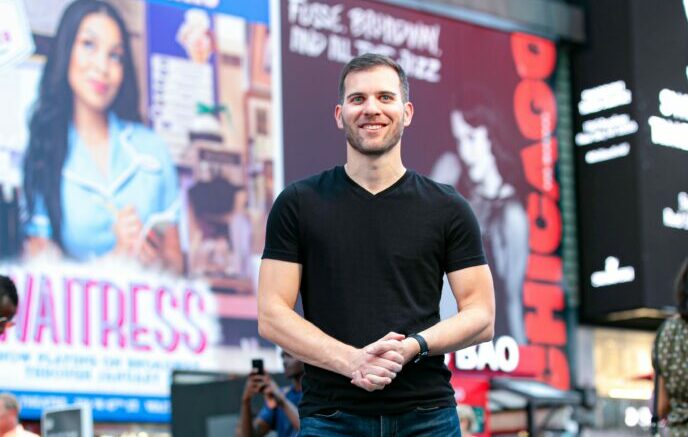We caught up with the brilliant and insightful Toni Larue’ a few weeks ago and have shared our conversation below.
Toni, first a big thank you for taking the time to share your thoughts and insights with us today. I’m sure many of our readers will benefit from your wisdom, and one of the areas where we think your insight might be most helpful is related to imposter syndrome. Imposter syndrome is holding so many people back from reaching their true and highest potential and so we’d love to hear about your journey and how you overcame imposter syndrome.
As an author, I’ve learned that imposter syndrome often stems from comparing your journey to others in the industry. I used to measure my success against my peers – their book deals, their social media following, their writing pace. It was exhausting and counterproductive.
What transformed my relationship with imposter syndrome was reconnecting with my life’s purpose. Writing isn’t just my career – it’s my calling. When I focus on why I write and who I’m writing for, rather than external metrics of success, those feelings of inadequacy lose their power.
Yes, I still find myself being hyper-critical of my work sometimes. Every author does. But I’ve learned to trust my voice and my journey. Success looks different for everyone, and authenticity resonates more with readers than trying to mirror someone else’s path.

Great, so let’s take a few minutes and cover your story. What should folks know about you and what you do?
I’m a thriller/horror author who explores the intersection of supernatural elements with real-world social issues. What excites me most about my work is the ability to use genre fiction as a lens to examine deeper truths about society, identity, and human nature. Horror and thriller elements aren’t just about creating scares – they’re powerful tools for confronting uncomfortable realities and processing collective trauma.
In the novel I’m working on, I weave elements of historical injustice with contemporary horror, creating narratives that entertain and challenge readers to think differently about the world around them. The supernatural elements in my stories often serve as metaphors for very real, very human experiences of fear, displacement, and resistance.

There is so much advice out there about all the different skills and qualities folks need to develop in order to succeed in today’s highly competitive environment and often it can feel overwhelming. So, if we had to break it down to just the three that matter most, which three skills or qualities would you focus on?
Looking back, three key elements have been crucial to my journey as a writer:
First, reading – there would be no writer if it wasn’t for reading. I’m not just talking about passive consumption of books, but active engagement with different genres, styles, and voices. Every book I’ve read has been a master class in storytelling, teaching me everything from pacing to character development to the power of well-placed silence.
Second, observing – I’m always people watching and I’ve been curious about what makes people tick. This natural inclination toward human observation has been invaluable in creating authentic characters and realistic situations. The small details – how someone fidgets when they’re lying, the way grief can show up in the most mundane moments, the unspoken tensions in a room – these observations bring depth and authenticity to my writing.
Third, resilience. Writing is as much about persistence as it is about talent. The ability to keep going despite rejections, to revise when necessary, and to believe in your story even when doubt creeps in – that’s what turns a person who writes into a writer. Every ‘no’ I’ve received has ultimately shaped my path and strengthened my resolve to tell these stories that demand to be told.

Who has been most helpful in helping you overcome challenges or build and develop the essential skills, qualities or knowledge you needed to be successful?
I’m fortunate enough to have a tribe of authors who are truly my pen sisters. When I first started writing, I had this misguided notion that I could – and should – do everything on my own. While I was making strides independently, I now realize how much richer and more sustainable my journey became once I found my writing community.
These women aren’t just colleagues – they’re a lifeline in an industry that can often feel isolating. When I need advice about a tricky plot point, motivation during a difficult time, or encouragement after a bad review, I know I can depend on them. They understand firsthand the unique challenges of being a writer – the self-doubt, the creative blocks, the delicate balance of art and business – in a way that even well-meaning friends and family sometimes can’t.
Contact Info:

so if you or someone you know deserves recognition please let us know here.




